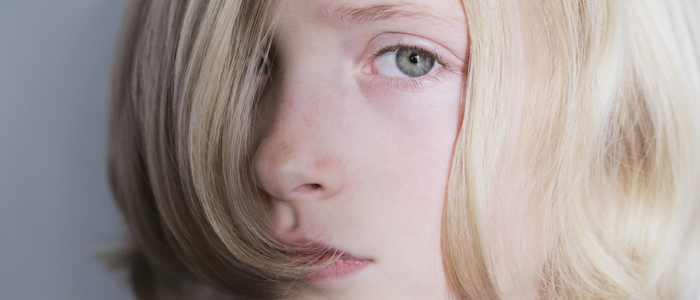Low body confidence affects millions
Low body confidence is a worldwide problem, and according to a recent survey, the consequences of such poor self-esteem are becoming ever more serious – posing a danger to our health, work life and relationships.

Coinciding with Body Confidence Week, figures released by Be Real show that sixteen million people are troubled by how they look. Furthermore, 1.6 million are currently living with an eating disorder and 18 million do not exercise due to anxiety over their body image.
The survey results also showed that one quarter feel their body image prevents them from having fulfilling relationships, while one in four said they avoid speaking out in a meeting or in school due to their appearance anxieties.
One fifth said their low body confidence even stopped them from applying for a job they wanted.
Speaking about these findings, Caroline Nokes MP, chair of the All Party Parliamentary Group for Body Image, said in a statement:
“Low body confidence is a critical public health issue that we cannot ignore. It affects everyone – all ages, both sexes – and starts as young as five years old.”
Be Real have now launched a campaign ‘Be Real: Body Confidence for Everyone’ to help change attitudes to body image and encourage people to put health and happiness above their looks.
This campaign – which is supported by leading brands such as Dove, Debenhams and Facebook – aims to improve education about body image while promoting the importance of good health and diversity.
Although it is mainly women who are assumed to be affected by low self-esteem and body confidence issues, Denise Hatton, Chief Executive of youth charity YMCA England, emphasises a number of men are experiencing similar anxieties.
“Both sexes find themselves influenced by media and advertising, with young girls striving to diet to obtain the ‘model look’ which they see on their screens or online, while equally young men can feel the pressure to restrict their eating, over-exercise or even resort to muscle building supplements and steroids to bulk up,” she said.
Unfortunately, as the problem tends to be associated more with women, Denise adds that body image issues in young men often go overlooked, and many are too embarrassed to get help.

Find a therapist dealing with Body dysmorphic disorder (BDD)
All therapists are verified professionals


